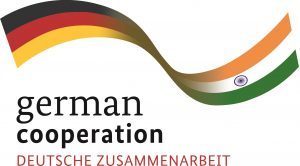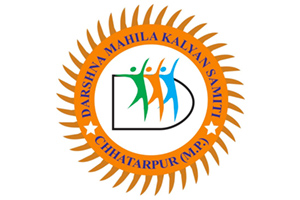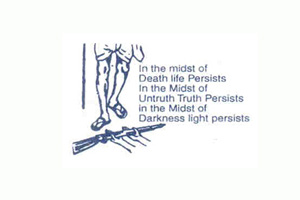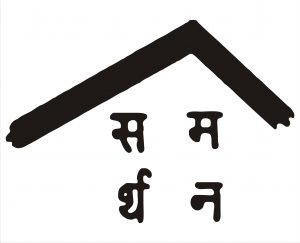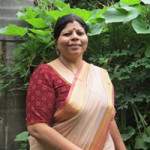Governance and Peace
Food and nutrition security and enhanced resilience amongst vulnerable communities in the state of Madhya Pradesh in India
The food and nutrition security programme in Madhya Pradesh focuses on improving diet and increasing access to entitlements. 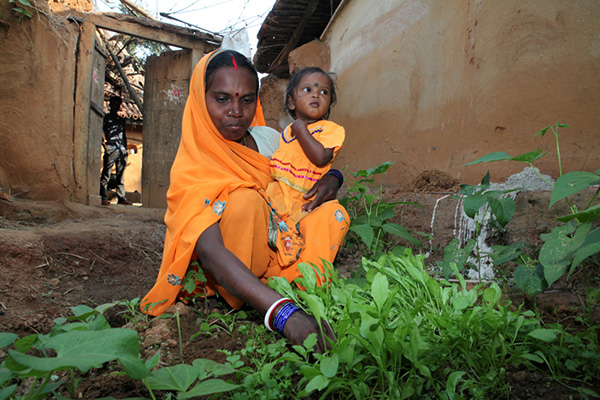
Under the global initiative ONE WORLD–NO HUNGER of the German Federal Ministry for Economic Cooperation and Development (BMZ) and supported by the GIZ, Welthungerhilfe is implementing a food and nutrition security programme in the central Indian state of Madhya Pradesh.
The goal of the programme ‘Food & Nutrition Security and Enhanced Resilience amongst Vulnerable Communities’ is to improve the food and nutrition situation of vulnerable groups, specifically women of reproductive age and young children and build resilience of the communities. The initiative aims to increase dietary diversity among women of reproductive age (15-49 years), improve diet among children (0-23 age group) and increase access to entitlements to public welfare schemes.
It is being implemented in 100 villages of Sheopur and Chattarpur districts of Madhya Pradesh. With a target of reaching out to 650,000 women in the reproductive age 15-49 years and 100,000 infants and young children (6-23 months), the programme is expected to have strong impact on eradicating hidden hunger and malnutrition.
Key Achievements:
- 1780 Anganwari Workers (Community Health Workers, who provide basic nutrition and health related information) have been provided leadership skills for improving nutritional status of women and children
- Over 104,000 people have been reached through participatory learning and action cycles conducted by trained Anganwari workers during over 800 meetings
- 4000 families in 100 focus villages have been identified, who will be supported in setting up nutrition garden
